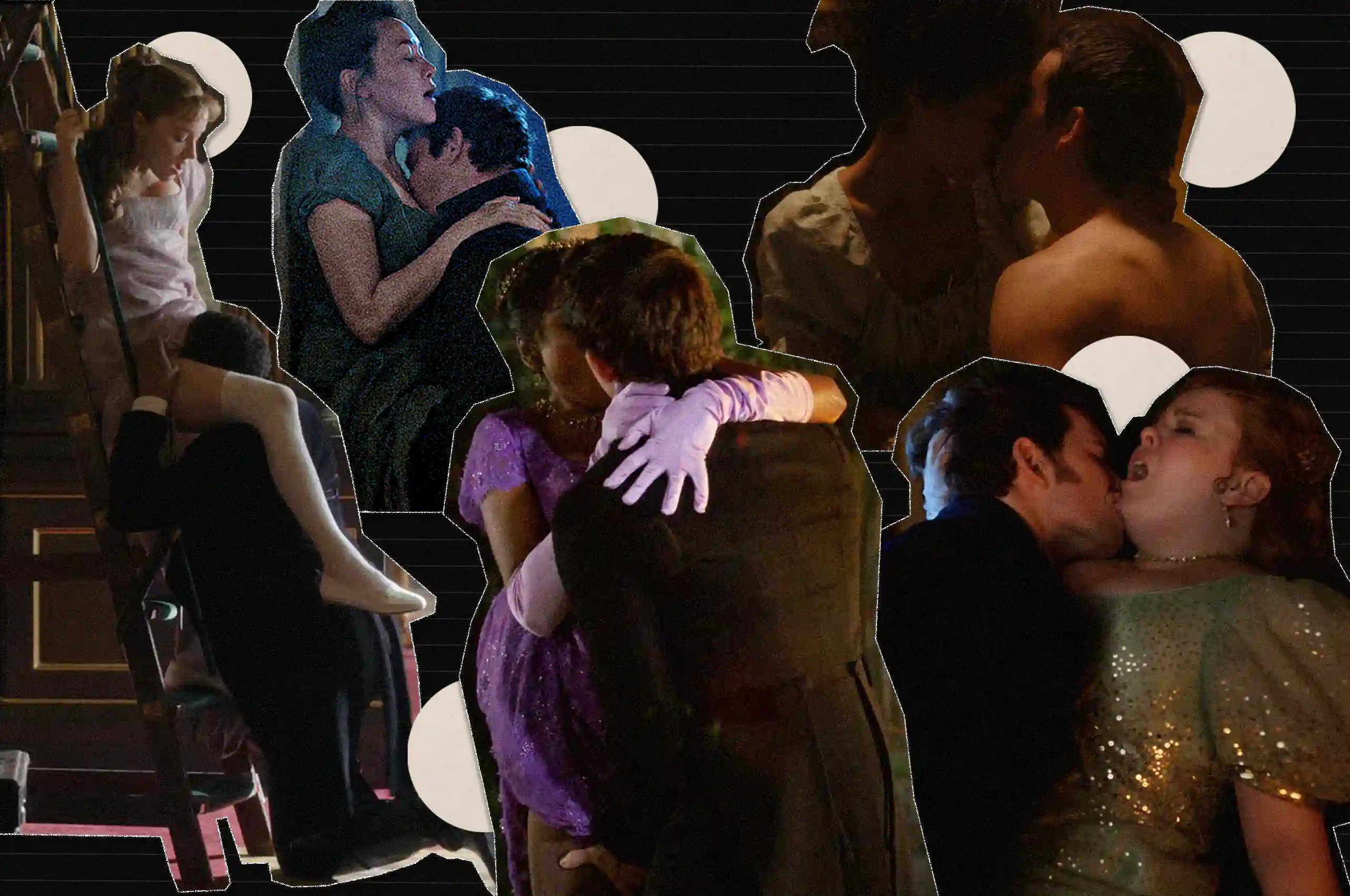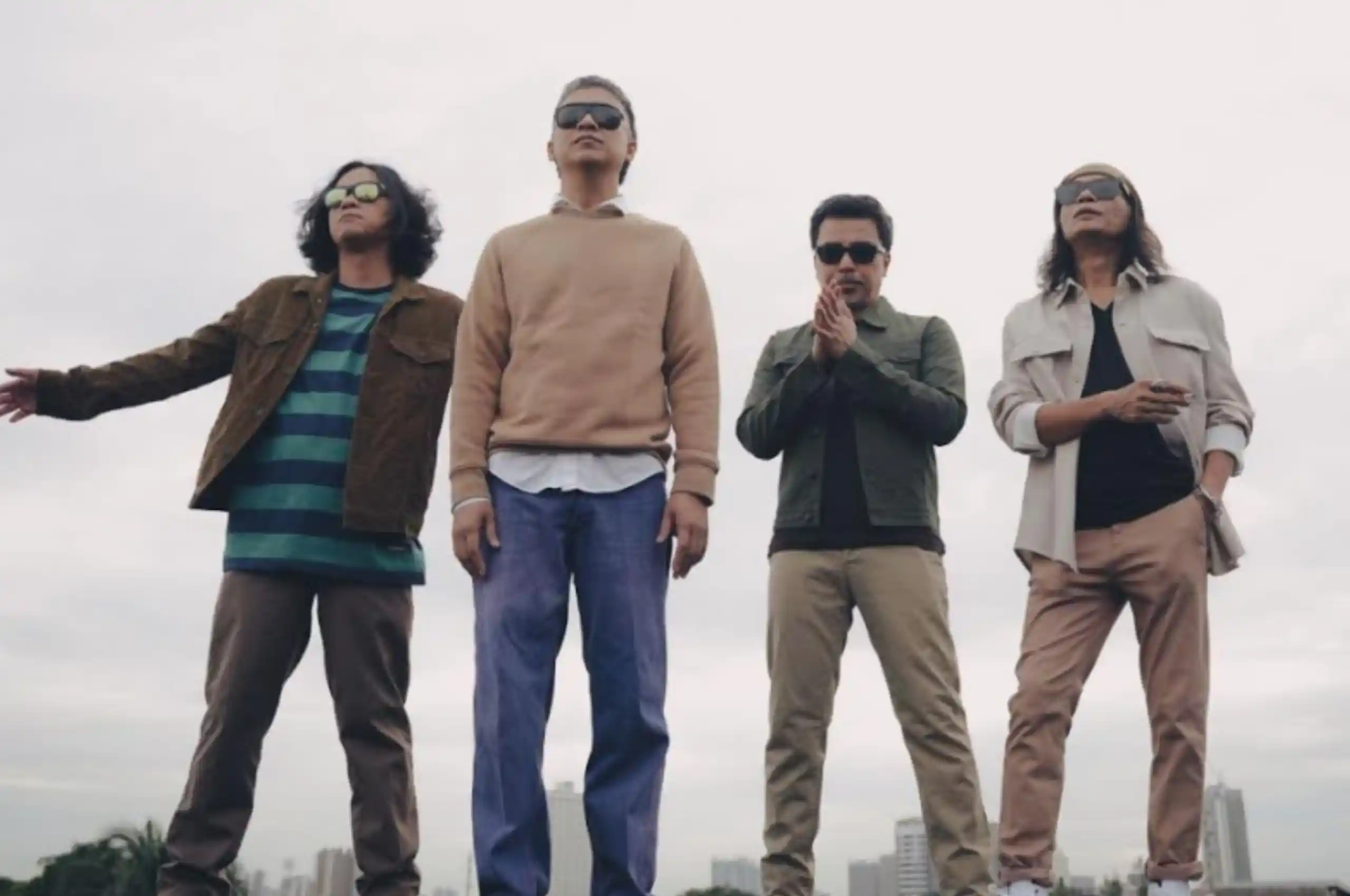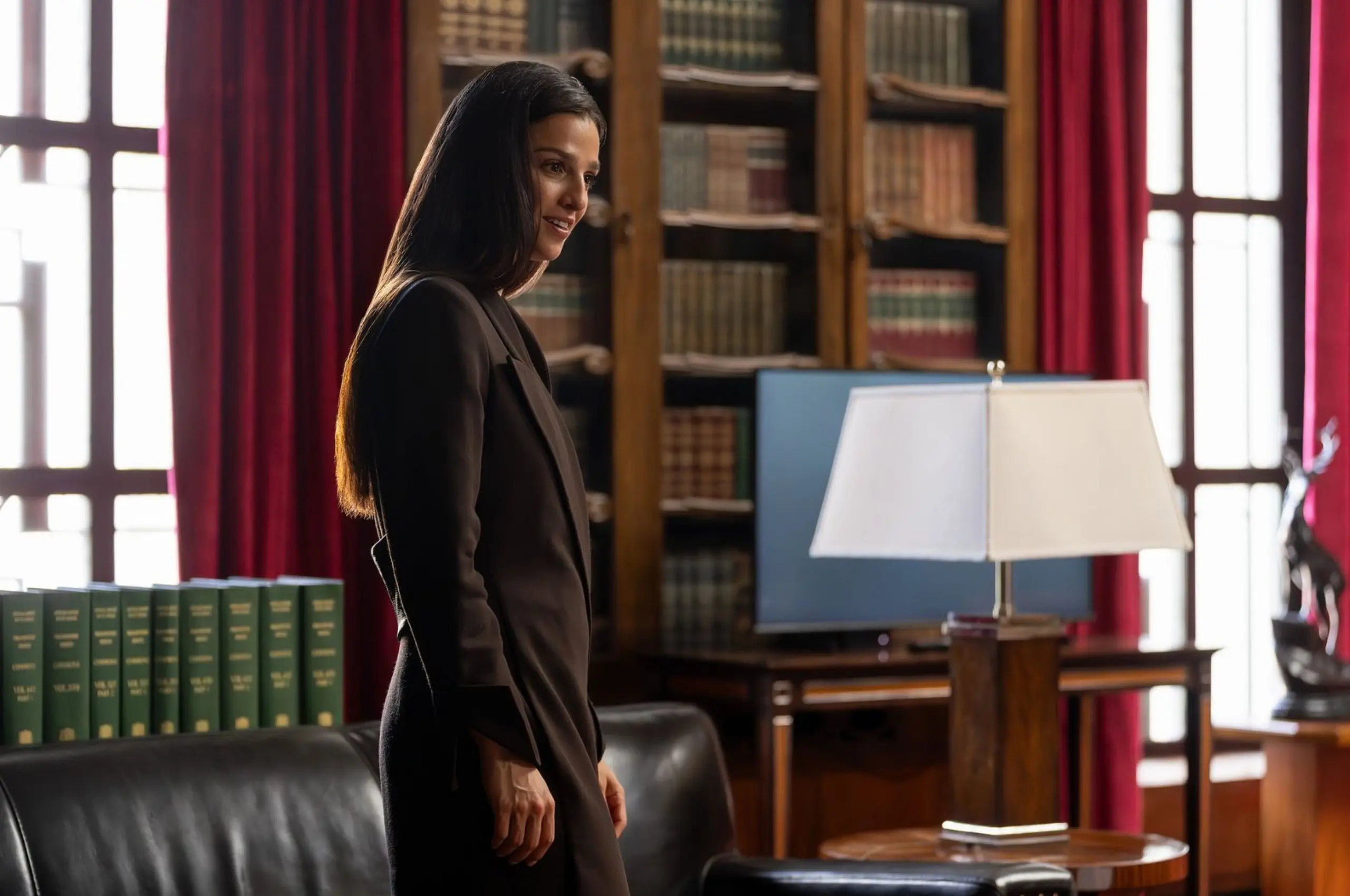WARNING: Spoilers ahead
When Marvel Studios teased the return of the Fantastic Four — now on its third reboot — fans weren’t sure whether to be hyped or horrified. Marvel’s First Family has had a rough cinematic past, with the first franchise in 2005 having mixed reviews due to its cartoonish writing, while the 2015 adaptation racked up five Razzie nominations, and infamously tied for Worst Picture alongside Fifty Shades of Grey. Still, despite the decades-long baggage, The Fantastic Four: First Steps works.
Set in a lush, retro-futuristic version of the 1960s, First Steps reintroduces the quartet that started it all, already household names after years of protecting humanity. Reed Richards (Pedro Pascal), Sue Storm (Vanessa Kirby), Johnny Storm (Joseph Quinn), and Ben Grimm (Ebon Moss-Bachrach) are living in familial harmony until Sue makes the big announcement that she’s pregnant.
Their celebration is abruptly cut short by the arrival of the Silver Surfer (Julia Garner), a mysterious, chrome-skinned herald who brings a dire warning: a cosmic force is approaching, one that will soon destroy Earth. As the team sets out to confront this threat, they come face-to-face with Galactus himself — a towering, god-like being who proposes an interest in Sue’s unborn child. This creates a rift between Sue and Reed, as the looming threat of Galactus claiming their child by any means necessary forces Reed to contemplate desperate solutions to save them all.
Galactus’ design is a clear step up from his 2007 portrayal as a looming space cloud. In First Steps, he’s brought to life as a proper villain in the flesh, and despite having limited screen time, his presence is undeniable, thanks in large part to Ralph Ineson’s chilling voice that lends weight to every word. Ineson’s acting credits include Charles Vane in Assassin’s Creed IV: Black Flag, Dagmer Cleftjaw in Game of Thrones, and most recently, Dr. Wilhelm Sievers in Nosferatu. Here, he brings something quieter but more ominous: a sense of ancient weariness wrapped in unshakeable power.
Weaving in aesthetics
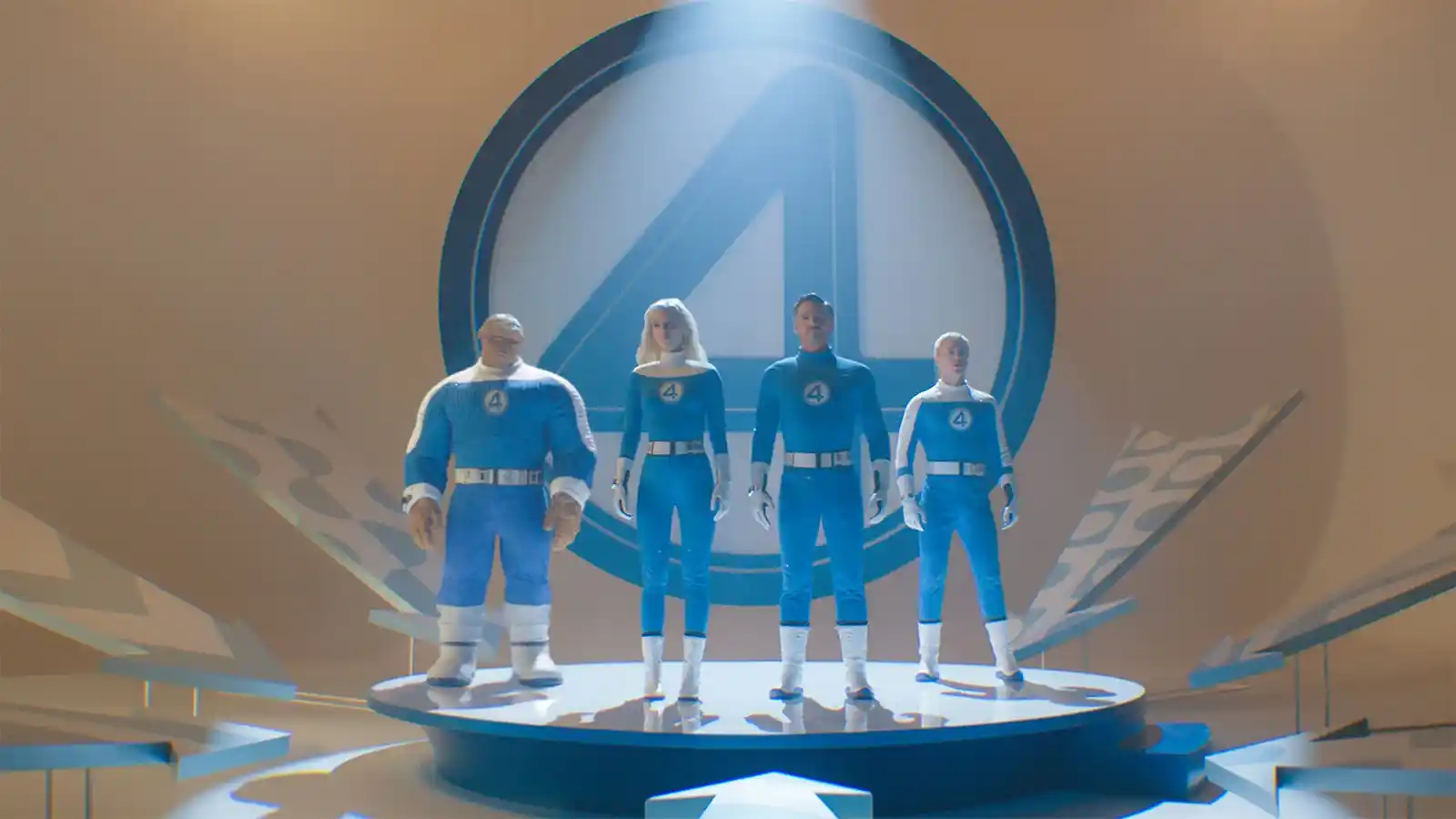
Director Matt Shakman, whose work on WandaVision showed a deep sensitivity to both style and emotional nuance, brings that same touch here. The film leans heavily into its era, with gorgeously stylized production design and black-and-white, documentary-style segments that echo home vintage newsreels. Exposition unfolds through flashback narration by talk show host Ted Gilbert (Matt Gatiss), giving the story an archival intimacy, as if we’re watching history in the making, rather than just another superhero origin.
The film smartly leans into a retro-futuristic aesthetic, one that resembles The Jetsons at times as the team soars through the streets of New York in their sleek, blue Fantasticar, to their charming robot assistant H.E.R.B.I.E., who handles all domestic affairs. This contrast between domestic whimsy and fighting to save the world gives First Steps a distinctive tone — punchy, fun, and light on its feet.
The score, composed by Michael Giacchino, best known for The Incredibles and Jon Watts’ Spider-Man trilogy, is both haunting and beautiful. Blending bold trumpets and trombones, airy woodwinds, and lush string arrangements, First Steps’ main theme layers in vintage synthesizers and vocals to give the soundtrack a distinct retro-futuristic edge. The result is a whimsical sonic tapestry that echoes classic ‘60s sci-fi soundtracks while grounding the story in emotional weight. Giacchino created a score that pays homage to the golden age of sci-fi films, from the brassy bombast during action sequences to haunting, minimalist motifs in the film’s more introspective moments, weaving in emotional depth with each track.
Pascal brings surprising sensitivity to the somewhat cold and analysis-driven Reed Richards, grounding the ever-stretching genius with his own insecurities as he struggles to find the answers and hopes to figure it out in time. Quinn’s Johnny is quick-witted and flirtatious, while also protective of his family from the hands of Silver Surfer. Moss-Bachrach gives Ben Grimm an earthy warmth beneath the rocky exterior, especially when he meets a teacher played by Natasha Lyonne. Each member brings something distinct to the mix, and together, they don’t just reboot the myth; they make it their own.
FEELS LIKE A REAL FAMILY
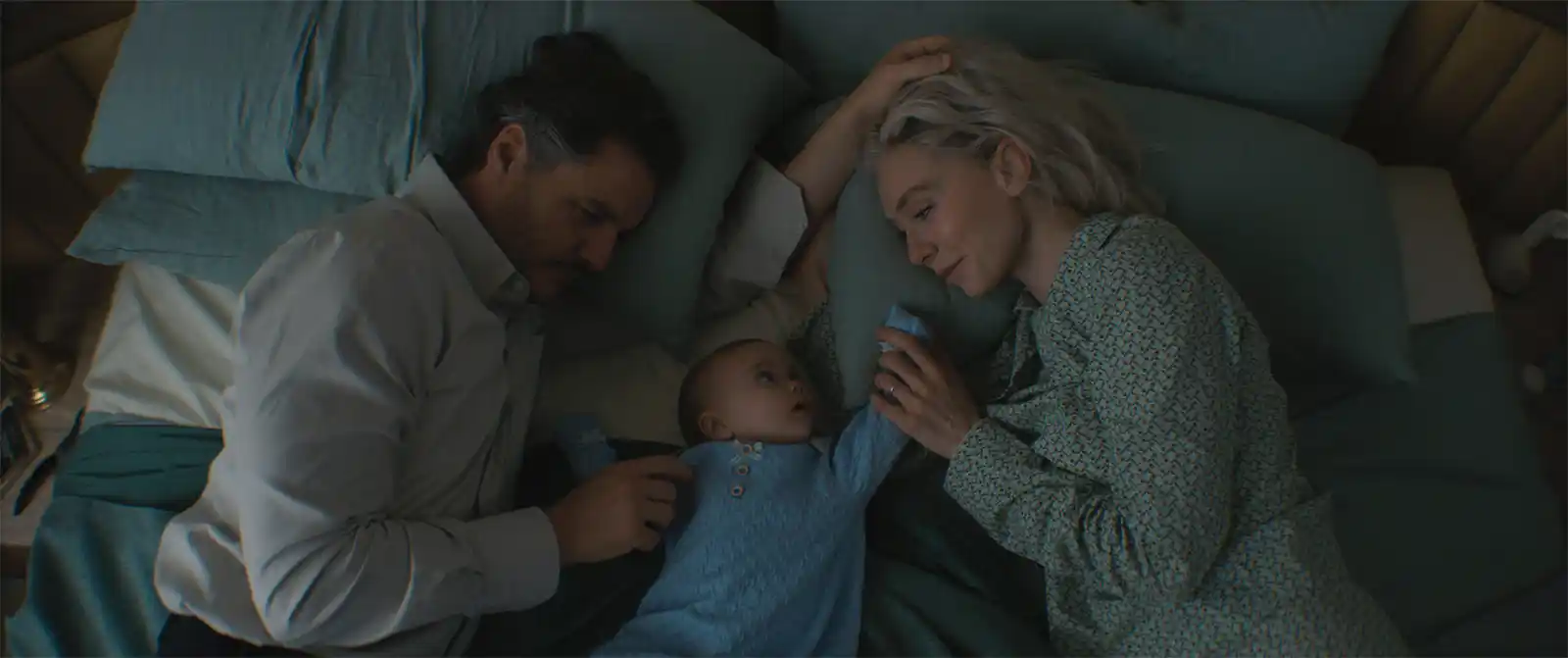
Where First Steps really shines, though, is in its portrayal of domesticity. Shakman’s Fantastic Four feels like a family straight out of a mid-century sitcom. Johnny teases Reed like a younger brother, Ben leans into his role as the gruff-but-golden-hearted uncle, and Sue serves as the emotional center of the group; inviting, warm, and about to become a mother.
But while First Steps beautifully builds its core family dynamic, the action sequences don’t quite echo that unity. During the climactic battle with Galactus, each member launches into action solo, attacking the problem from their own angle, which makes it play like four separate battles rather than a unified effort. Instead of showcasing their strengths through working together, the fight scenes highlight their disconnection. In the comics, iconic moments — like Reed stretching to launch Johnny like a human missile or Sue turning The Thing invisible — underscore how their powers complement each other. That inventive interplay is what made the Fantastic Four so fun and their battles so thrilling. But here, that kind of synergy is frustratingly missing. It’s a shame, because First Steps does so much right.
In the end, First Steps pulls off something that’s eluded previous attempts: It actually gets the core of the group. The loving, slightly dysfunctional family at the heart of Marvel’s first superhero team finally feels alive on screen. It even tips its hat to the team’s original nemesis, the Mole Man — though less of a threat here — and more of a wink to longtime fans. It’s that mix of reverence and reinvention that makes the film feel like more than just another reboot. It’s the first time that the Fantastic Four have actually felt… Well, fantastic.





